11 Best Foods to strengthen your Heart Muscle
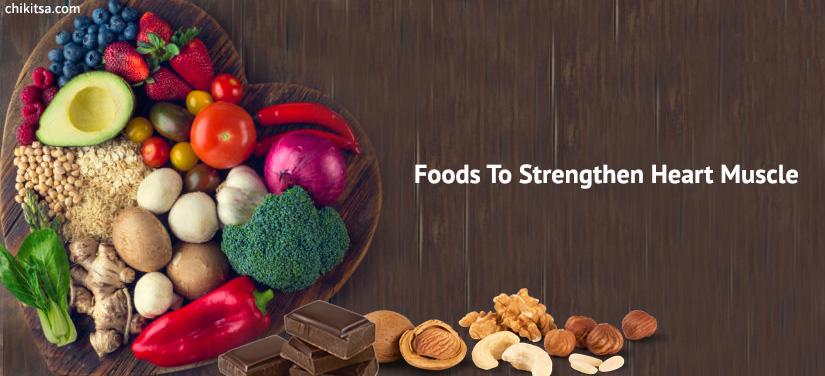
Your heart is undoubtedly the most significant organs in your body. It is responsible for pumping oxygen and essential nutrients to the rest of the body. Additionally, it plays a vital role in transporting waste products to the liver and kidney for the excretion process. Without a strong heart, your entire body will be weak.
According to studies, heart diseases account for approximately â…“ of all deaths in the world. Usually, a weak heart muscle is mostly as a result of unhealthy lifestyle choices. Physical activity, lifestyle modifications, and nutrition are the best possible ways you can choose to strengthen your heart. So, if you are worried about how to strengthen your heart muscles, continue reading. In this article, we will discuss the top 10 foods to strengthen the heart muscle.
Foods To Strengthen Heart Muscle
Studies claim that your diet is directly linked to the health of your heart. Diet plays an important role in your overall body health as well as the well-being of your heart. For instance, the food you eat has specific effects on your blood pressure, cholesterol levels, inflammation, triglycerides, and blood sugar. Therefore, sticking to a heart-healthy type of diet can strengthen your heart muscles. These foods include;
1. Fish High In Omega 3 Fatty Acids
Fish is a healthy source of protein and omega-3 fatty acids. For instance, people who are at a higher risk or already have heart diseases are often encouraged to increase their omega-3 intake. It's essential in lowering the risks of atherosclerosis growth (growth of plaque in the arteries) and arrhythmia (abnormal/irregular heartbeats). In fact, fatty fish is the best food for heart blockage.
According to AHA-American Heart Association, you should have 3.5 ounce serving of omega-3 fatty fish or eat fatty fish at least 2 times a week. For instance, Salmon, mackerel, and sardines are excellent sources of fatty acids fish. You can also have omega-3 fatty acids dietary supplements.
2. Whole Grains
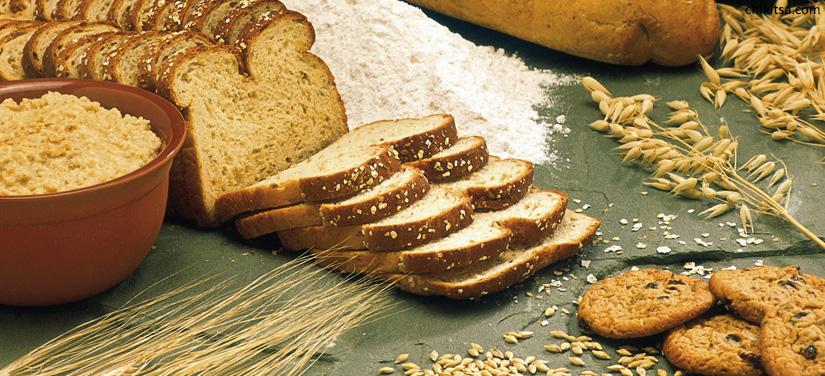
Whole grains are a great source of essential nutrients such as fiber that can strengthen your heart and blood pressure. For instance, it's rich in fiber and other nutrients that are essential in regulating. Simply substitute refined grain products for whole-grain products such as barley, quinoa, and Farro. For instance, go for whole wheat flour, bread, grains, rice, cereal, oatmeal, and pasta.
3. Nuts
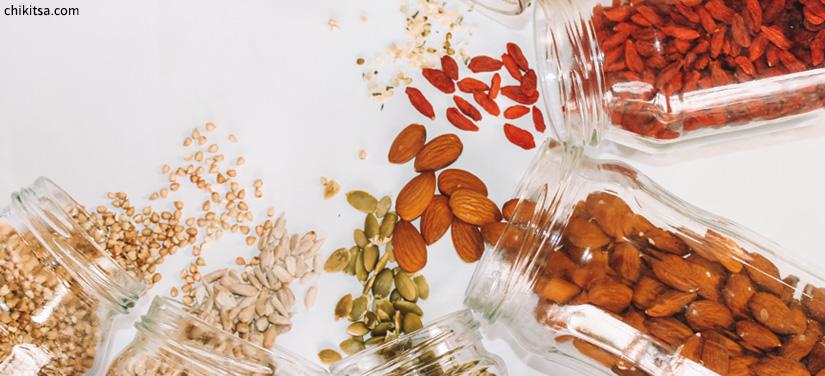
Nuts are another great source of heart-healthy foods. They are rich in fiber, minerals, antioxidants, vitamins, and protein. Like fish, nuts are packed with omega - 3 fatty acids which are essential for a strong heart. Consider adding healthy nuts such as peanuts, pistachios, pecans, hazelnuts, and almonds in your daily diet.
4. Drink Enough Water

You must drink enough water to stay healthy. Doctors recommend that you should drink at least 8 glasses of water to stay hydrated. According to research, men who hydrate properly are 54% less likely to develop fatal heart attacks than those who don't hydrate well. Usually, water plays a vital role in diluting your blood, therefore, making it less to clot, which can result in high blood pressure and heart complications.
[Also Read: Benefits Of Drinking Water In Copper Jug]
5. Natural Olive Oil
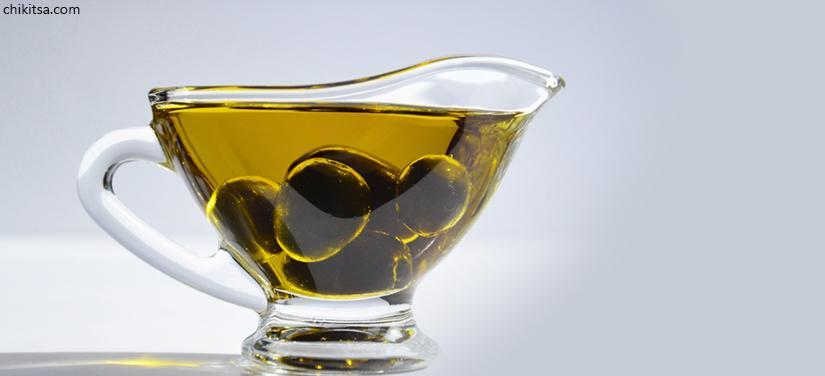
Studies suggest that individuals who follow the Mediterranean diet (low-fat oil, fruits, whole grains, and vegetables) are less likely to develop heart problems. Olive oil is rich in monounsaturated fats that help to reduce blood sugar and cholesterol levels in the body.
Additionally, olive oil is rich in antioxidants, which are essential in relieving inflammation and minimizing the risk of chronic diseases such as heart attack. A study that involved 7,216 adults with a high risk of developing heart diseases showed that individuals who consumed more olive oil had a 35 percent lower chance of developing heart complications. Consider substituting regular vegetable oils with olive oil.
6. Watermelons

You need a lot of nutrients to keep your heart healthy, and watermelon is a delicious fruit that you can add to your diet. Besides being low in calories and having high water content, watermelons contain approximately 40% more lycopene than raw tomato which can improve your heart health. Research suggests that watermelons are easily absorbed in the body and can reduce the risk of developing heart disease by 30%. Eat about a half-wedge piece of watermelon at least 5 times a week.
7. Tomatoes
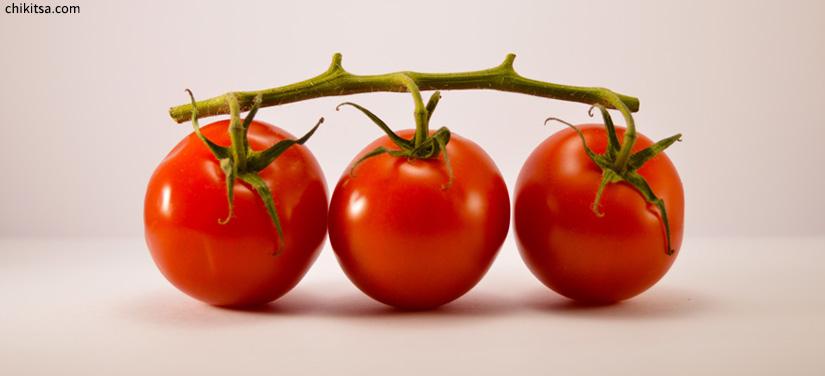
Tomatoes are another great source of essential nutrients for a strong heart. Tomatoes are rich in potassium, vitamin C, fiber, choline, and folate components that are good for your heart health. Scientists suggest that increasing your potassium intake can contribute to a stronger heart. You can eat tomatoes with salads.
8. Vegetables
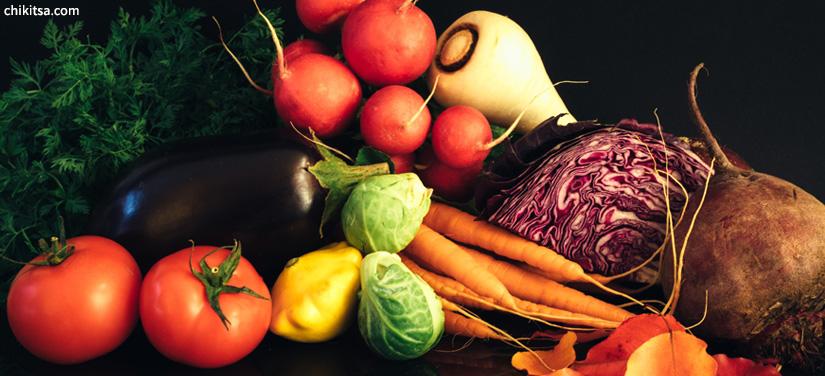
The American Heart Association recommends that we should consume more servings of vegetables each day. Besides being low in calories, vegetables are low in fats and rich in essential nutrients such as fiber, vitamins, and minerals. Eating vegetables regularly will contribute to a healthy heart and as well can encourage weight loss, which is one way of lowering high blood pressure.
9. Dark Chocolate
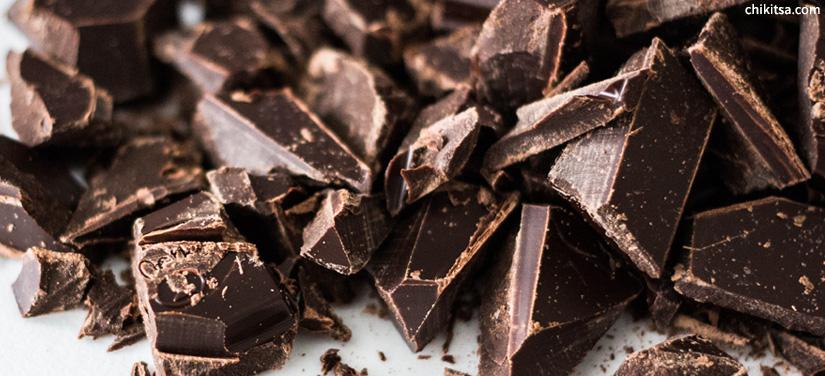
Recent studies suggest that eating dark chocolate regularly is a great way to strengthen your heart muscle. Dark chocolate offers a protective effect against atherosclerosis (growth of plaque inside the arteries). It prevents white blood cell adhesion and stiffness of the arteries. Just remember to have it with moderation.
9. Seeds
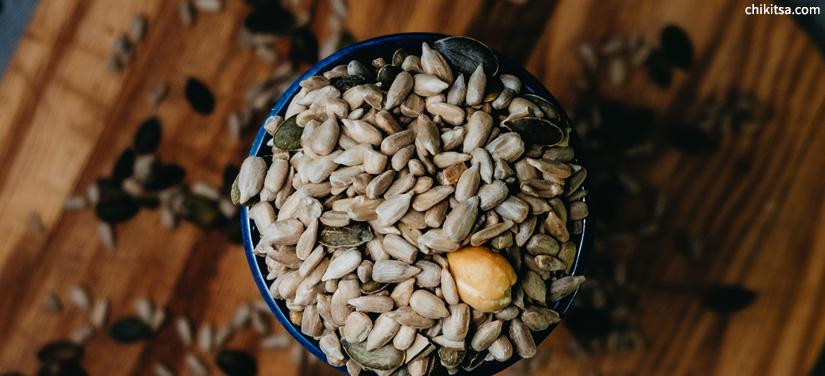
Like fish, seeds are packed with omega - 3 fatty acids and other nutrients such as phytoestrogens and fiber, which can strengthen your heart. According to research, taking seeds regularly can improve your heart health by preventing heart risk factors such as blood pressure, cholesterol, triglycerides, and inflammation. Heart-healthy seeds include flaxseeds, chia seeds, and hemp seeds. You can either take them in milled or whole form. For instance, consider eating 30 grams of seeds every day.
10. Avocado
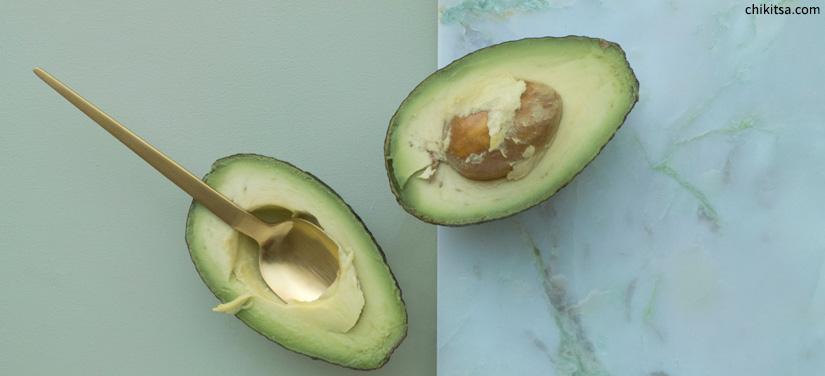
Avocado is a delicious fruit that is packed with heart-healthy monounsaturated fats which are linked to lower risk of heart disease and reduced cholesterol levels. A study involving 45 overweight individuals claimed that those who consumed one avocado per day had reduced levels of cholesterol and lower risks of heart diseases. One avocado contains about 975 mg of potassium or 28% of the amount of potassium you need per day.
Foods To Avoid
While some foods are good at strengthening your heart health, other foods can increase the risk of developing heart complications. For instance,
- High-sodium foods
- Processed foods
- Alcohol
- Tran’s fat, and
- Foods with added sugar are some foods to avoid with heart diseases.
Lastly, you should note that your weight can have an impact on the health of your heart. If you are overweight, you are highly likely to develop heart problems. Therefore, keep track of the number of calories you take per day to control and achieve healthy body weight. Make sure to consult or ask a cardiologist online before embarking on any weight loss program
Conclusion
Having a healthy lifestyle will improve your heart health, making it stronger and less vulnerable to complications. Consider adding the foods to strengthen heart muscle listed above and others to keep your heart healthy and efficient. Remember, just like other muscles in the body, your heart requires proper care and maintenance to operate at optimal levels.









